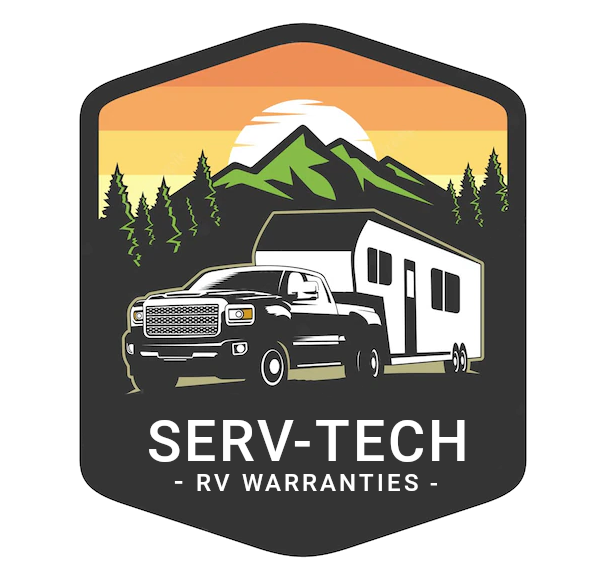Introduction
Welcome to our comprehensive guide on trailer protection. Whether you own a recreational vehicle or a cargo trailer, understanding how to safeguard your investment is crucial. In this guide, we’ll delve into the various aspects of trailer protection, offering insights and practical tips.
Understanding Trailer Insurance
What is Trailer Insurance?
Trailer insurance is a specific type of coverage designed for non-motorized units. It covers a range of risks including theft, damage, and liability. Depending on your policy, it can also cover contents, roadside assistance, and more.
Why You Need It
Trailers, like any other valuable asset, are susceptible to risks. From road accidents to weather-related damage, the right insurance policy can offer peace of mind and financial protection.
Choosing the Right Coverage
Types of Coverage
Liability Insurance: Essential for protecting yourself against claims if your trailer causes injury or property damage.
Comprehensive Coverage: Protects your trailer from non-collision incidents like fire, theft, or vandalism.
Collision Coverage: For damages from accidents involving another vehicle or object.
Factors to Consider
- Usage: How often and for what purpose you use your trailer.
- Value: Consider the current market value of your trailer.
- Risks: Evaluate the risks associated with your geographical area and usage.
Maintenance and Security Tips
Regular Maintenance
Regular maintenance is key to preventing unforeseen issues. This includes checking tires, brakes, lights, and ensuring your trailer is structurally sound.
Enhancing Security
Invest in robust locks, GPS tracking, and consider storing your trailer in a secured area. These measures not only protect your trailer but can also reduce insurance premiums.
Navigating Insurance Claims
In Case of an Incident:
- Document Everything: Take photos and note down details of the incident.
- Contact Your Insurer: Report the incident as soon as possible.
- Follow Procedures: Cooperate with your insurance company’s process for claims.
Conclusion
Protecting your trailer requires a combination of the right insurance coverage, regular maintenance, and security measures. By understanding your needs and the options available, you can ensure that your trailer remains a valuable asset for years to come.
